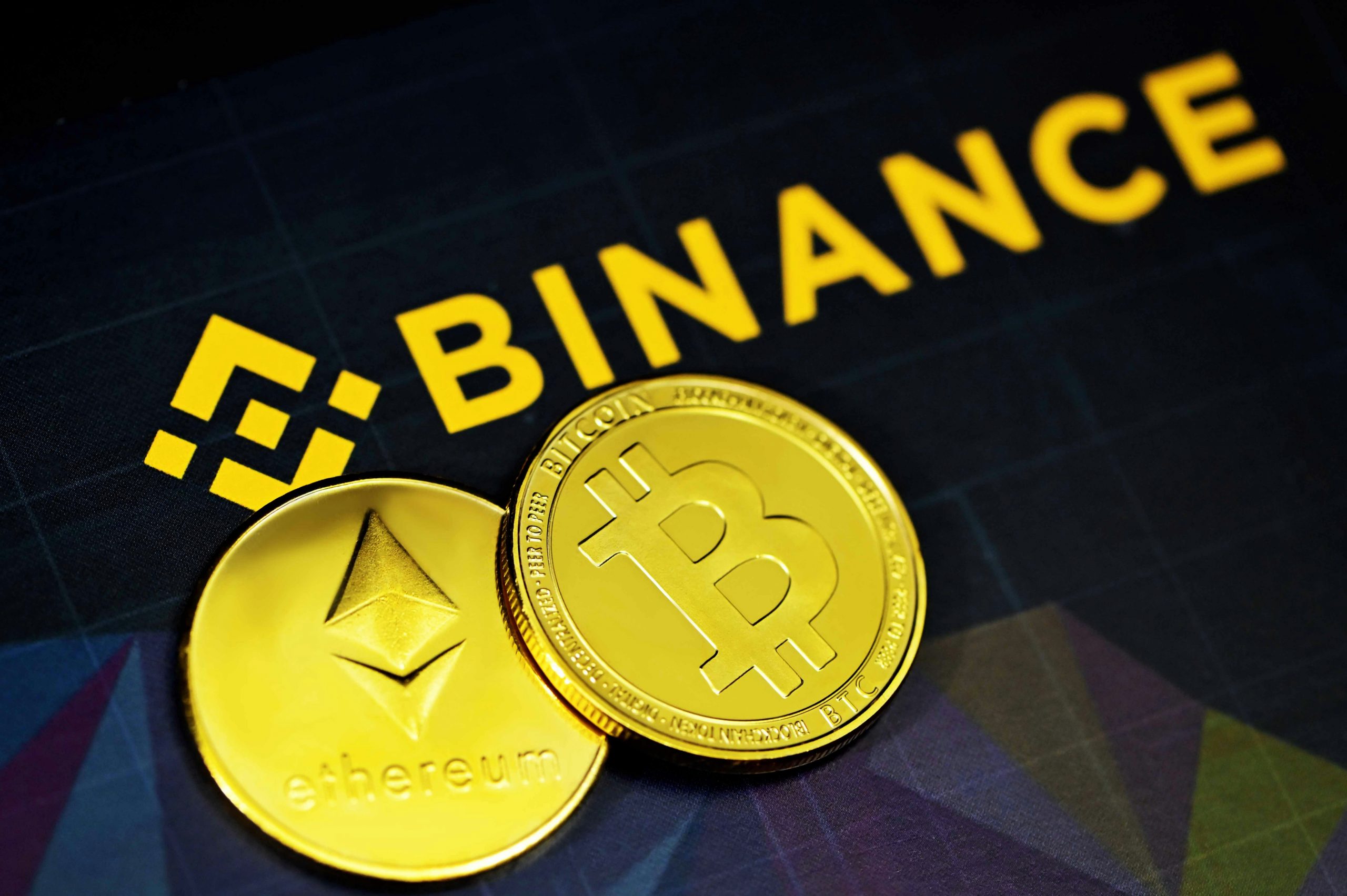CleanSpark Becomes Fourth Bitcoin Miner to Hold 10,000 BTC
CleanSpark has become one of the leading publicly traded Bitcoin mining companies, holding 10,000 or more Bitcoins on its balance sheet.

Enhanced Information Requirements: Starting January 20, 2025, Polish users must provide additional details for crypto transactions. For deposits exceeding €1,000, users must supply the sender’s full name, country, and the name of the crypto exchange. All withdrawals require similar information about the beneficiary. Failure to provide this information may result in transaction delays or returns.
Alignment with MiCA Regulations: These changes are part of Binance’s efforts to adhere to the EU’s MiCA framework, which was officially enacted on December 30, 2024. MiCA aims to standardise crypto-asset service providers (CASPs) regulations, enhance consumer protection, and address anti-money laundering (AML) concerns. One of its requirements mandates that crypto transfers exceeding €1,000 include detailed information about both the sender and recipient to ensure transparency.
Poland’s Proactive Stance: Poland is taking proactive steps to integrate MiCA regulations. On December 9, 2024, the Government Legislation Center published the fourth version of the Crypto Assets Market Act, a draft regulatory framework for the country’s cryptocurrency sector. This act requires Virtual Asset Service Providers (VASPs) to transition to the new CASP licensing system by June 30, 2025, ahead of the EU’s MiCA transition deadline of July 2026.
As the European Union’s Markets in Crypto-Assets (MiCA) regulation approaches implementation, Binance, the world’s largest cryptocurrency exchange by trading volume, has announced key changes to its operations in Poland.
In a blog post, Binance published that starting January 20 2025, users will need to provide additional information for certain crypto transactions. The new rules apply to crypto deposits over 1,000 euros (approximately $1,030.80) and all withdrawals.
For deposits, users must supply the sender’s full name, country, and the name of the crypto exchange. Similarly, withdrawals will require detailed information about the beneficiary. The new measures aim to ensure compliance with MiCA’s regulatory framework, which seeks to standardise and streamline crypto oversight across the EU.
The Markets in Crypto-Assets (MiCA) regulation, set to take effect in 2024, is designed to bring legal clarity to the rapidly evolving crypto sector. Its objectives are ensuring consumer protection, fostering market integrity, and providing a clear framework for crypto service providers. Binance’s decision to update its operational rules in Poland demonstrates its proactive approach to aligning with these requirements.
Binance has introduced key measures to comply with MiCA in Poland, including enhanced Know Your Customer (KYC) protocols, transparent reporting mechanisms, and a greater emphasis on user fund protection. These changes will bolster investor confidence and position Binance as a leader in the EU’s regulated crypto market.
Binance has implemented stricter identity verification processes and reporting standards for its Polish users. The platform now requires users to provide additional documentation during onboarding, ensuring compliance with MiCA’s stringent KYC requirements. Enhanced due diligence measures also mean that high-value transactions and politically exposed persons (PEPs) are subject to greater scrutiny.
Additionally, Binance has revamped its terms of service in Poland to reflect the updated regulatory framework. These terms clarify user rights, data usage, and dispute resolution mechanisms. By making these updates, Binance meets regulatory expectations and enhances transparency and trust among its user base.
Binance’s compliance efforts in Poland may set a precedent for other crypto exchanges operating within the EU. The MiCA regulation marks a turning point in the global crypto landscape, establishing a unified legal framework across multiple jurisdictions. This standardisation could reduce regulatory arbitrage, where companies choose to operate in regions with lenient rules, and encourage more responsible industry practices.
These changes signify a safer and more transparent crypto trading environment for users. However, the increased regulatory burden may lead to higher operational costs for exchanges, potentially impacting fees and services. Despite this, many industry experts view MiCA as a necessary step toward legitimising the crypto sector and fostering long-term growth.
Binance’s proactive measures to meet MiCA requirements underscore its compliance and user protection commitment. As the regulatory environment evolves, the company’s approach in Poland may serve as a blueprint for its operations across the EU, solidifying its role as a key player in the future of regulated cryptocurrency markets.
CleanSpark has become one of the leading publicly traded Bitcoin mining companies, holding 10,000 or more Bitcoins on its balance sheet.
Bitfinex Derivatives believes its move to El Salvador will help transform the nation into a "financial hub" for Latin America.
Aleš Michl, the central bank governor, recently mentioned that he is contemplating incorporating BTC into the bank's diversification...
GSR has obtained dual regulatory approval in the UK and Singapore, broadening its crypto trading services for institutional clients.